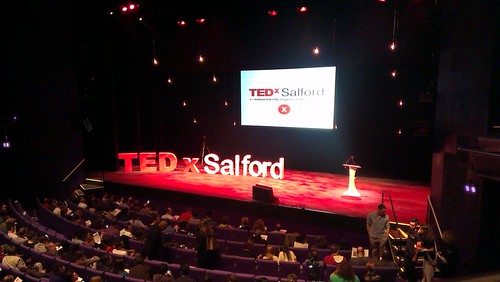
Its a tricky one…
I like to buy presents of my godchildren which matter. Its tricky because you don’t want to buy something boring but educational. When I was young my godparents would get me Lego, Chemistry sets and ultimately Technical Lego. This certainly helped my creativity develop.
So whats the modern equivalent of Lego? Something you can buy more of and add to?
Well I thought Raspberry Pi. Yeah, no brainer right?!
But here’s my issue.
I have 2 male godchildren (4 and 6) and 1 female (7).
My natural thought was to get one for the 6yr old, specially because his dad is technical and the child has already shown an amazing comfort with computers. The other male is too young and frankly more interested in super-heroes. So why not the older female?
I don’t know… (and I feel like I’ve had this debate before, so excuse me if you’ve heard it before).
I also didn’t want to buy her pink stuff but she loves it so much. Along while ago I bought her some pink lego and she seemed quite happy with that. Although to be fair I’ve never actually seen play with them. Me being a melding godfather decided one year to buy her a mini telescope, hoping it will foster a little more science in her life. Of course this nothing against the parents, I love them to bits. But my understanding of what a godfather does is to do whats best for the child regardless of how much it drives the parents insane.
So back to the point, why have I not bought her a Raspberry Pi? Is this nasty sexism which I don’t know about? Absolutely not!
I guess I balanced it all in my mind and decided it would be a little unfair to force something like this on her at this stage. Instead I bought her some more Lego but the friends subsection.
What would you do? Am I doing down the godfather title by not giving her what might be good for her? She has godmothers, maybe its the godmothers who gives her what she wants and the godfather who makes the difficult decisions. And I don’t mean that in a sexist way, the godmothers should be making the difficult decisions for the boys, while the godfathers are buying stuff he wants?
Who knows but I am certainly thinking for her birthday, I should find something which crosses over and brings out her geeky side.
Any tips on what, are very welcomed.
I’m hoping the likes of Jasmine Cox, Alexandra Deschamps-Sonsino, Rosie Campbell, Rebecca Gregory-Clarke, etc. Can offer some advice on this? I can’t be the only one wondering about this….?










